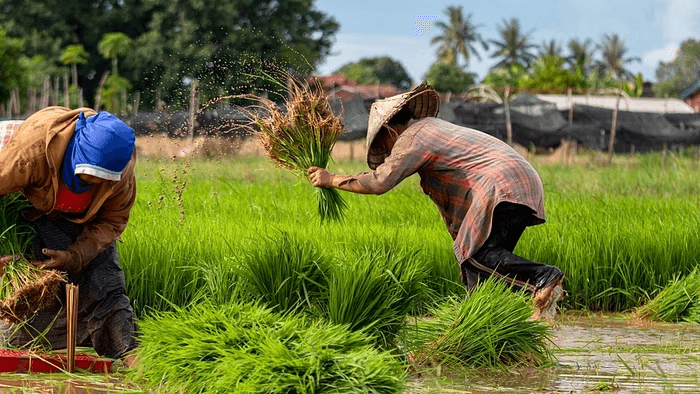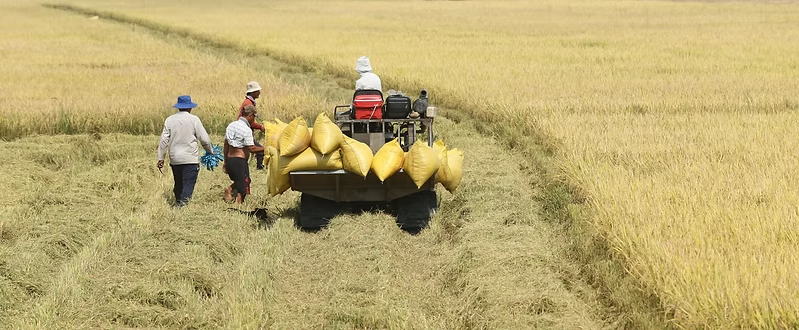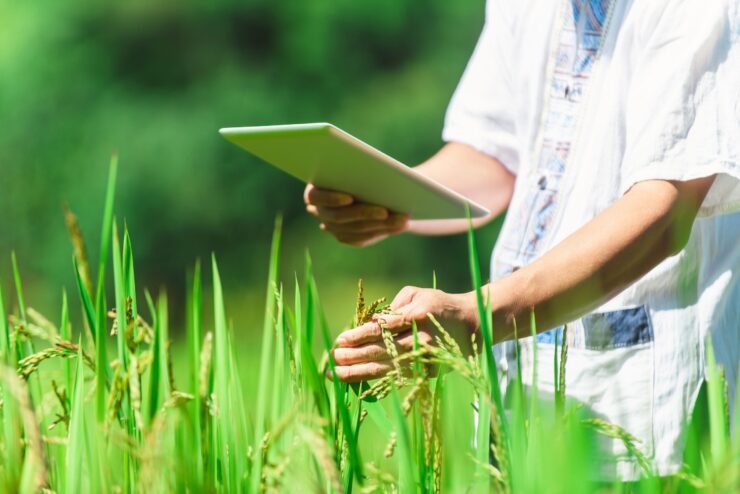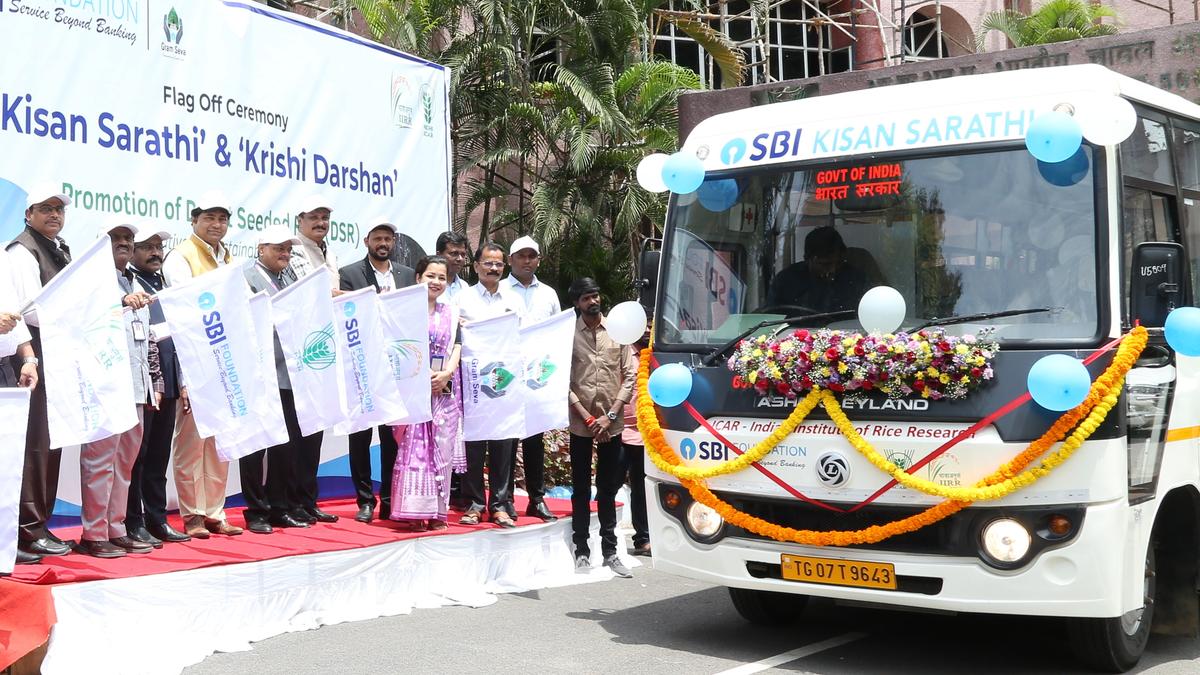Tags
Japan and IRRI Launch Rice Carbon Neutrality Project in the ASEAN Region
Japan’s MAFF and IRRI launch the low carbon rice farming project, aiming to reduce greenhouse gas emissions from rice production and enhance sustainability across Southeast Asia.
Saurabh Shukla

Japan and IRRI Launch Rice Carbon Neutrality Project in the ASEAN Countries (Photo Source: Pixabay)
The Ministry of Agriculture, Forestry and Fisheries (MAFF) of Japan, alongside the International Rice Research Institute (IRRI) and other partners, gathered at the IRRI Headquarters in Los Baños, Laguna on June 24, 2024, to launch the “Development of Rice Cropping Systems Toward Carbon Neutrality and Food Security in ASEAN Countries” project.
Rice, a staple food providing over 20 percent of global caloric intake, is a major contributor to greenhouse gas emissions, particularly methane, which accounts for about 11 percent of agricultural emissions worldwide. This five-year project, part of the ASEAN-CGIAR Innovate for Food Regional Program, seeks to achieve climate neutrality and promote circular agriculture by significantly reducing greenhouse gas emissions from rice production. Initially targeting the Philippines and Vietnam, the project aims to establish sustainable agricultural practices throughout ASEAN countries.
The collaboration marks a transformative milestone for agriculture in the ASEAN region, highlighting the integration of sustainability into rice farming. This step is crucial for reducing the environmental impact of the agricultural sector and strengthening partnerships to pioneer beneficial solutions for agriculture. Japan’s involvement highlights its commitment to enhancing the resilience of ASEAN agri-food systems against climate change while ensuring food security. The project is anticipated to leverage IRRI’s research and development capabilities to successfully deliver and scale low-carbon rice cropping systems.
Set to run from 2024 to 2029, the initiative will initially focus on the Philippines and Vietnam, with potential expansion to other ASEAN countries based on demand and partnership opportunities. The main objectives are to develop low-carbon rice cropping systems, scale these innovations across ASEAN countries, reduce greenhouse gas emissions, and ensure long-term food security.
Key implementation strategies include co-developing and testing integrated low-carbon farming practices, characterizing rice-growing environments to pinpoint areas for reducing emissions, establishing partnerships with stakeholders, and conducting on-station and on-farm experiments. Additionally, the project will screen new technologies aimed at reducing emissions and enhancing productivity, create an inventory of promising technologies, evaluate their performance, and disseminate findings through technology briefs and scientific publications.
The project aims to combat climate change while ensuring food security in the ASEAN region by integrating innovative low-carbon practices into rice farming. Through collaboration with MAFF and ASEAN member states, the initiative seeks to drive impactful solutions that benefit farmers and the environment, paving the way for a more resilient and sustainable future for rice production.
https://krishijagran.com/agriculture-world/japan-and-irri-launch-rice-carbon-neutrality-project-in-the-asean-countries/Published Date: June 24, 2024






